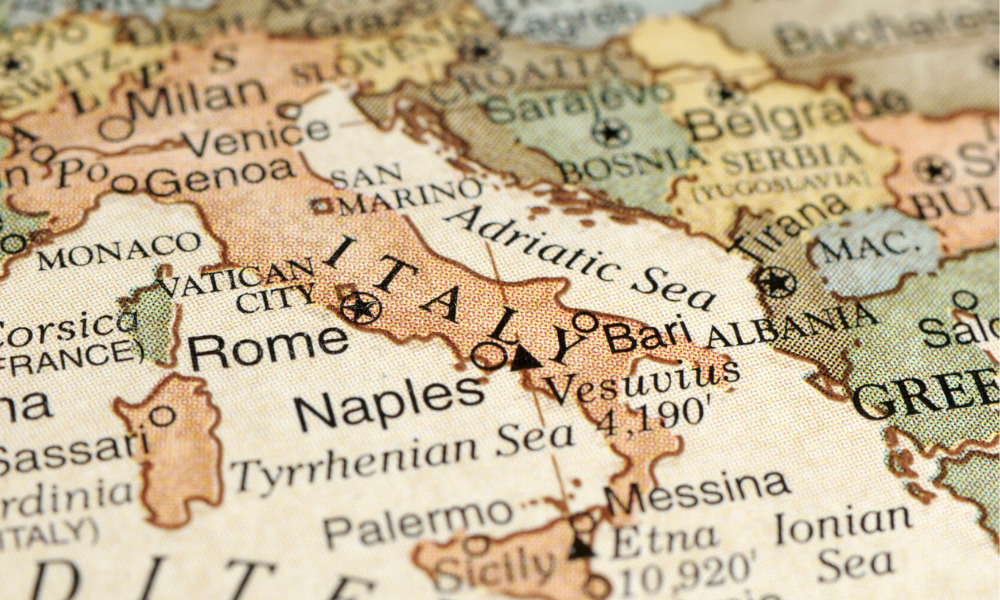
Media has called the plans the ‘strictest in the world’

Employees working in public and private workplaces in Italy will be required to present a green pass starting October 15. The pass indicates whether an individual is vaccinated, tested negative for the virus, or recently recovered from COVID-19. The scheme is touted by a BBC report as one of the "strictest in the world," with businesses getting fined by up to EUR1,500 if staff are found working without a pass.
Workers who will fail to produce a pass can also be fined by up to EUR1,000, The Local reported, while "unjustified absences" after not presenting a pass could lead to suspensions. The green pass seeks to boost the vaccination coverage in Italy and make workplaces safer, according to Health Minister Roberto Speranza in a press conference.
According to an Italian decree, the passes will be valid for up to one year, while those from recovered unvaccinated individuals will remain valid for six months. Health passes that were obtained after a negative PCR test will be considered valid for up to 72 hours, while nasal swab tests and saliva testing are also regarded as legitimate.
Read more: Vaccine passports: Can an employee refuse to register?
Starting October 15, employees at Italian companies who will refuse vaccination will start paying for their own COVID-19 tests, reported The Local. However, those with medical exemptions will not face to the green pass requirement and will also have their free COVID-19 testing.
The government is targeting an 80% vaccination rate by the end of September, with about 75% of the eligible population already vaccinated as of September 16, according to The Local.
Green passes have already been in place in Italy since September 1 for teachers, school staff, and parents entering school premises. It was expanded to schools' cleaning and catering staff on September 9, and also to external workers in the health sector.
Vaccines have been mandated in Italy since April for employees in public and private social health positions. Those who were found not complying to the mandate risk facing suspension.